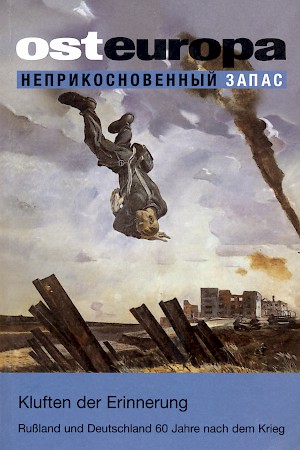Waves of memory
Dealing with the past in the FRG
Deutsche Fassung
Abstract
Are there any lessons Russia can draw from the way Germany has dealt with its Nazi past? There seem to be good reasons to doubt this. However, this assessment rests to a significant extent on a mistaken, linear conception of the way the process of coming to terms with the past occurred in the FRG. In fact, Germany needed two decades and a new generation before any serious reappraisal of the Nazi regime and its crimes could begin. The acceptance of guilt was always accompanied by contrasting attempts to historicize the Third Reich and to “normalize” Germany’s relationship with its own history. Even though civil society showed great commitment in arguing for the recognition of guilt, it seems that a new situation has now arisen after the end of the GDR and with the last exit of the generation which itself experienced the Nazi period. There even seems to be a new historical consciousness in society, one that equates the “two totalitarianisms” and is characterized by a perception that Germany was a victim.
(Osteuropa 4-6/2005, pp. 20–32)



